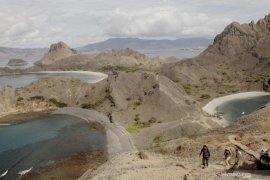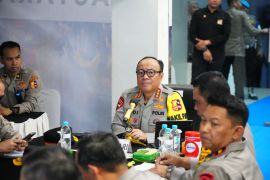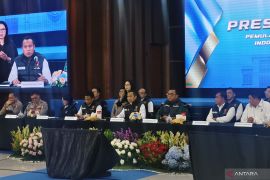Denpasar (Antara) - Three heads of state have confirmed participation in the annual "Bali Democracy Forum (BDF) VI in Nusa Dua Bali, November 7-8, 2013. "The three heads of state are from Indonesia, Timor Leste and Brunei Darussalam," Major General Wisnu Bawa Tenaya, cheif of the Udayana Regional Military Command IX, said after leading a security force roll-call here on Monday. They are President Susilo Bambang Yudhoyono of Indonesia, Bassanal Bolkiah of Brunei Darussalam and Taur Matan Ruak of Timor Leste. He said that the military and police would cooperate in deploying personnel and be all-out in maintaining security during the Bali Democracy Forum VI. Pacification will be based on standard procedures like that of the recent Asia-Pacific Economic Summit, though it would not be as tight as the pacification carried out during the APEC conference which was attended by delegations from 21 countries. Public Diplomacy and Information Director General of the Ministry of Foreign Ministry AM Fachir said here recently that the BDF 2013 was expected to discuss a theme on consolidating democracy in plural society. The theme was viewed to be relevant because many countries had plural soceities whose democracy was not yet well developed. Besides the three heads of state, the forum will also be attended by representatives from 53 countries from the Asia-Pacific region and a number of international observers from outside the region. The BDF sessions will include a general debate and interactive sessions presenting two ministers as the panelists to discuss two sub-themes of BDF VI, namely "Conducting Free and Fair Elections" and "Building and Strengthening Democratic Institutions". Indonesia has made its role as the prime-mover for the past six years in advancing democracy in the region, by holding BDF to develop and intensify dialogs for improving mutual understanding and appreciation among the nations. BDF is the only forum in Asia and the Pacific that discusses democratic issues openly and constructively, beyond political taboo and restrictive standardizations, the ministry said in its statement recently. (*)
Berita Terkait
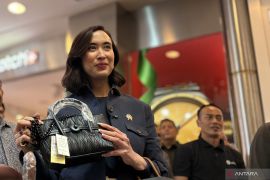
RI bets on holiday sales to lift growth with nationwide mall drive
27 Desember 2025 05:23
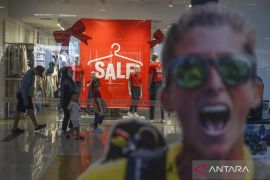
Govt targets Rp110 trillion in consumer spending by end-2025
26 Desember 2025 22:30
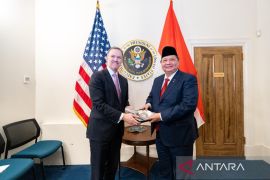
Danantara in talks on US access to Indonesia's critical minerals
26 Desember 2025 20:54
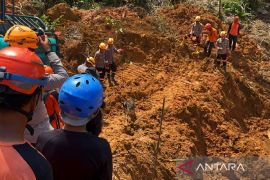
Polri prepares more 1,500 personnel for Sumatra disaster response
26 Desember 2025 15:45



